Fair Trade is rather big business. In order to be true to its name, it needs to be complemented by small scale or even individual fairness. Fair Trade most certainly helped to create trade and will do so even more when large corporates - such as Mars, Verkade and Sara Lee - seek Fair Trade ingredients. However, it doesn't necessarily help those without land who work it for the farmers that own it.
Fair trade merely facilitates trade and cannot support small or no structures at all. It doesn't interfere in remuneration policies for farm-hands. And almost by definition, it will progressively exclude small farmers. At its best, Fair Trade can be effective on a general economic level, but not - as Western consumers would expect - on an individual human level.
Big Fair Trade as it has grown up, isn't wrong. It's just not what we think it is: aid for individuals. On that level, Big Fair Trade's ways of campaigning and advertising need closer scrutiny. Consumers have a right to know in whose pockets ends up the Fair Trade premium they pay for.
During his stay in Nicaragua, Bart met Will Burke who tries to trade fairly in a way realising fairness and trade at the same time. Will founded a Chicago based fair trade company called Sol Simple. It imports dried fruits, coffee and nuts from small farmers. Will isn't interested in the Fair Trade label (the only one he likes to use is the US kosher-warranty). He just wants to make a living trading fairly and doing what consumers intuitively expect when they buy fair stuff.
Bart asked Will to state his feelings about Fair Trade. Something new and fair seems to be in the making.
This is how Will responded:
Thank you very much for your inquiry regarding fair trade. There are two kinds of fair trade: Trading fairly and trading fairly and certifying it. Not all products are able to be traded fairly. The reasons are that certified fair trade goods must come from a cooperative that has gone through the evaluation and expense of the Fair Trade Labeling Organization (FLO) evaluation and documentation. Most cooperatives, especially in Nicaragua, are not willing to commit to the effort. Fairly traded products cannot come from corporate farms either.
There are two ways to trade fairly: Pay at least an extra 10% than the market price so the cooperative uses the funds to support their community/member producers. This is the only way it can be certified. Or pay fairly, but also pay in advance; draft contracts that extend a year with quarterly reviews of the market price; promise to buy entire harvests; work only with small farmers whose product costs more than those that come from large scale or corporate farms.
I work directly with large NGO's that have a budget to help start cooperatives and get them certified for both fair trade and organic production (they often go hand in hand).
What we do with the cashews, pineapple, mango and banana is guarantee contracts and pay over the market price. For example, mangos are going for about 35 cordobas per 100 right now. I pay 50 cordobas per 100 mangos. Pineapples are usually around 50 cords per 12 pineapples, while I pay around 70 per 12. I do this and honor written and verbal contracts with all my producers. They prefer to sell to me and I get a better product as a result. I do not buy from medium and large scale farms, only small producers.
Lastly, my products in the US cost no more than our competition. In most cases, we are cheaper, so there is no extra profit margin that we can either enjoy ourselves or give back to the community.
So, fair trade does not necessarily mean that the producer in the end is getting more money. It also means that they are being guaranteed a sale, getting paid in advance and can plan their production for the following harvests with companies like mine because it's a partnership.
I hope that helps. Please let me know if you have any questions.
With thanks,
Will
As Will Burke is happy to participate in our discussion, please don't be shy and let's stick to English in this thread
Please note that it relates very much to the mindset of Olivier de Schutter and Niels Roling in De Rode Hoed last week. Mainstream Fair Trade might be part of a mechanistic paradigm to save the poor in general, while leaving too large a number truly needy individuals in distress and aggravating their destiny.
Nog 3
Je hebt 0 van de 3 kado-artikelen gelezen.
Op 5 mei krijg je nieuwe kado-artikelen.
Op 5 mei krijg je nieuwe kado-artikelen.
Als betalend lid lees je zoveel artikelen als je wilt, én je steunt Foodlog
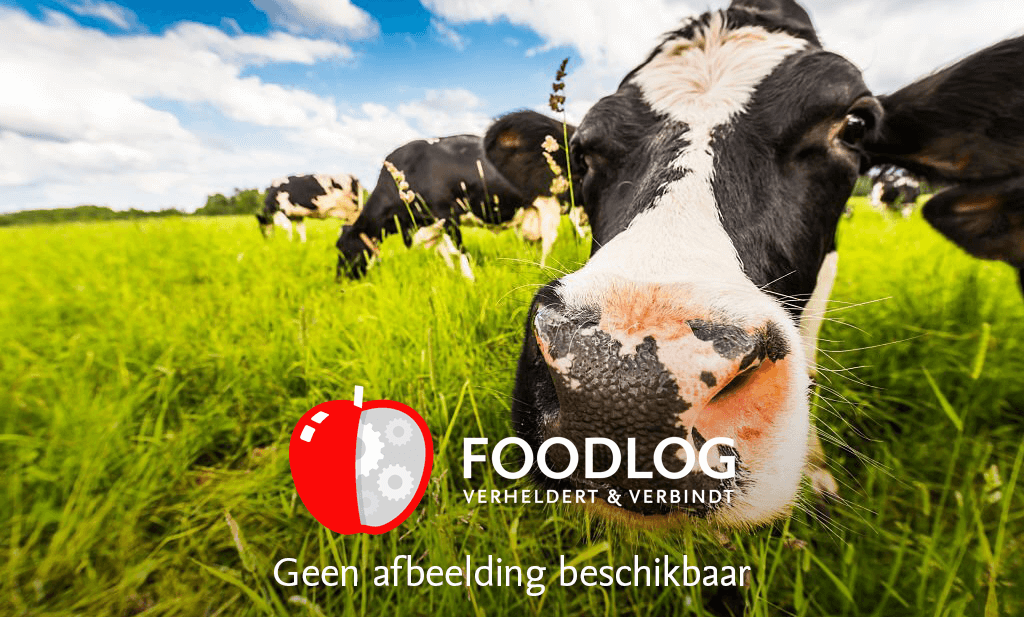
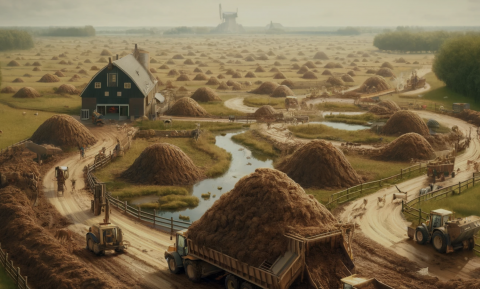
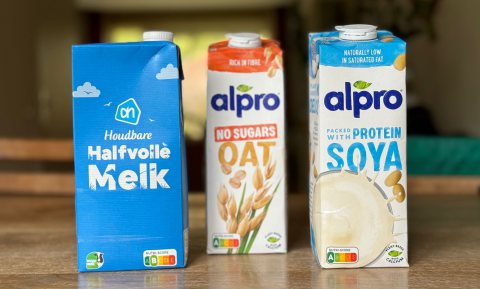
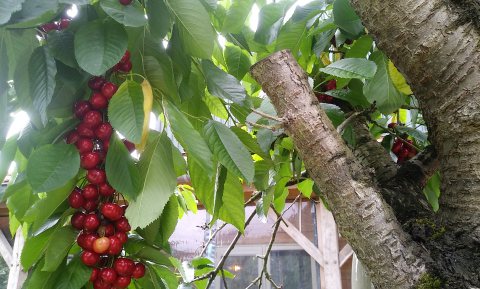
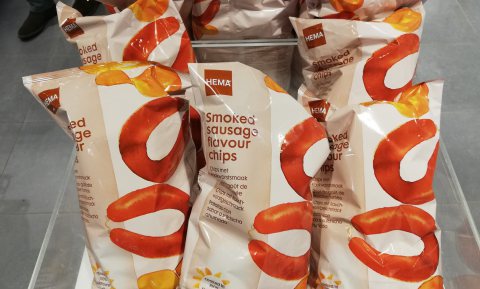
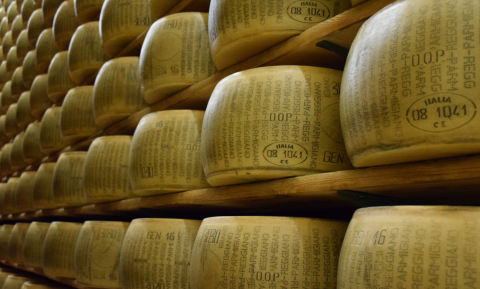
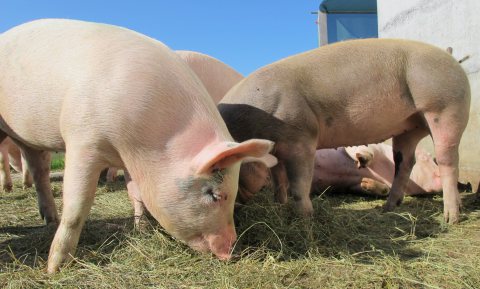
_11_480_289_84_s_c1.jpg)
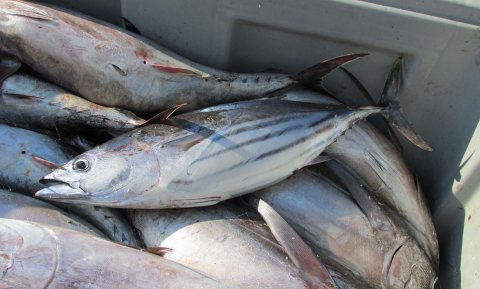
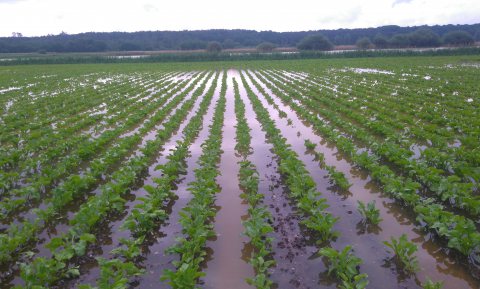
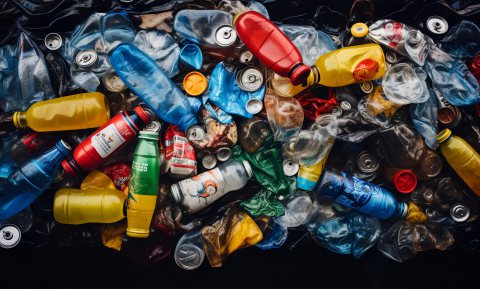
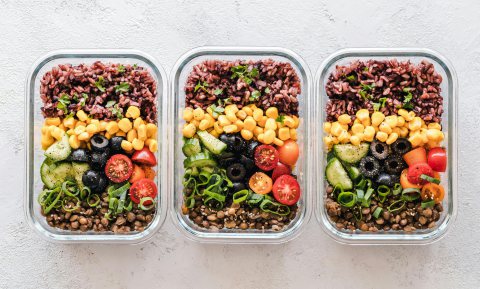
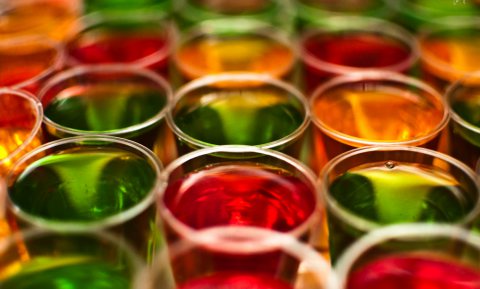
Interesting discussion in the USA: To Tell the Truth: Who Owns Fair Trade
Flipse, the fair trade-concept too me is a means to make people think about trade injustice, not an end goal on itself.
Why Steven, too critical??
Bart, I'm a member of Oxfam but not a proud neither beloved one.
Fair-trade works I saw it too. However if the case of Max Havelaar is multi collared the certification system as mention by this type of organization is impossible to continue. On that moment we must find an other solution as Will Burke already shows us.
Steven do you think Oxfam an organization which can change this behavior?